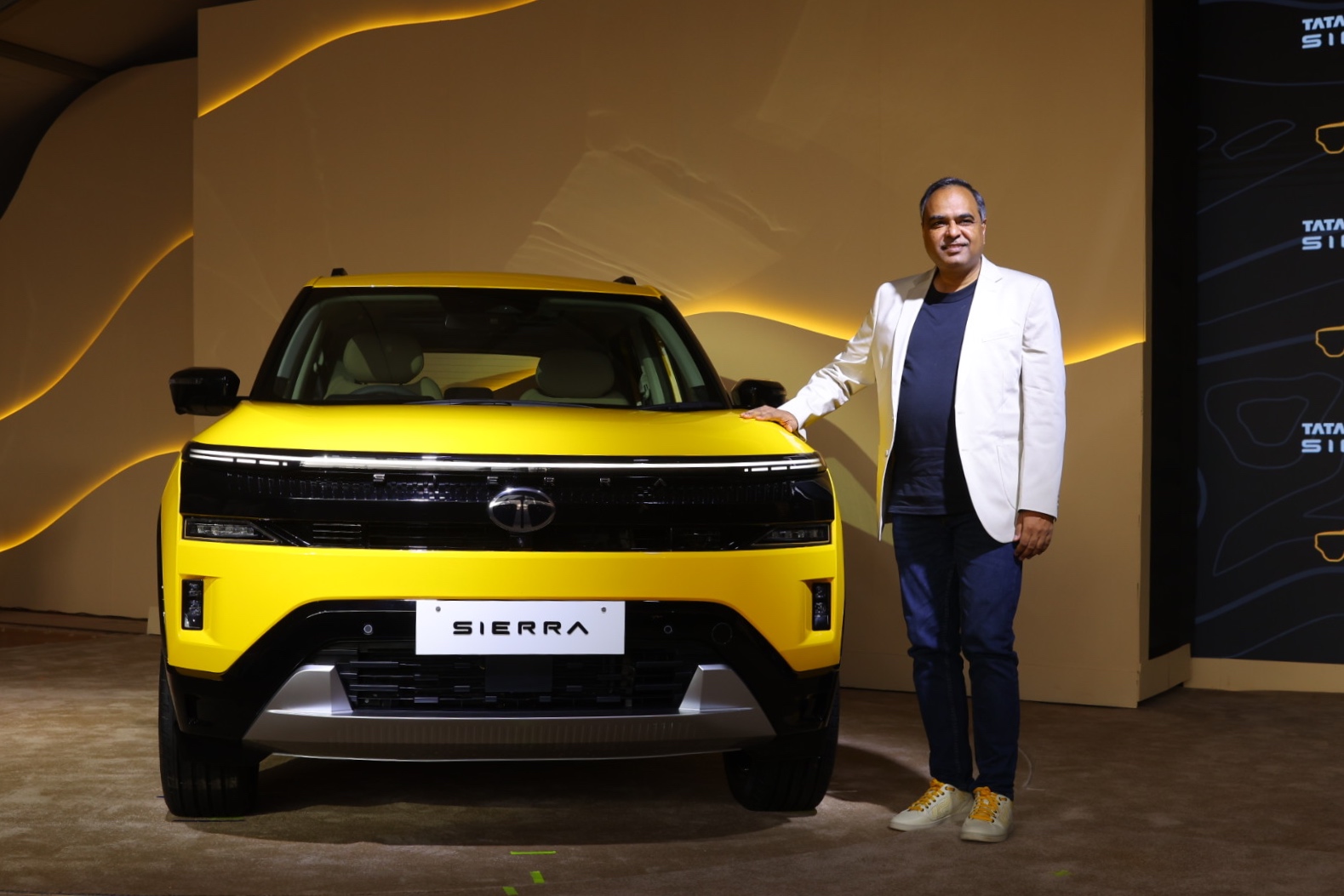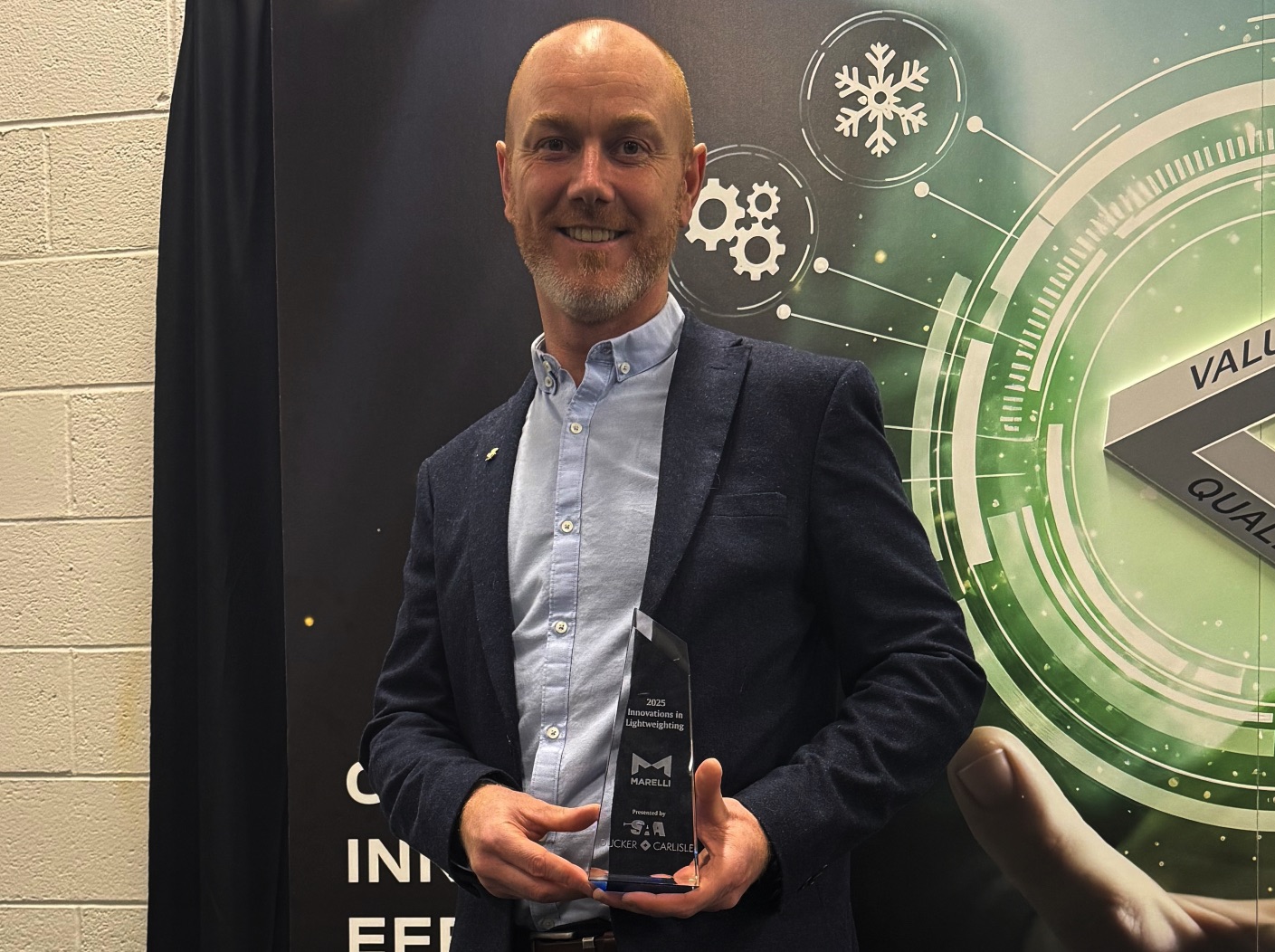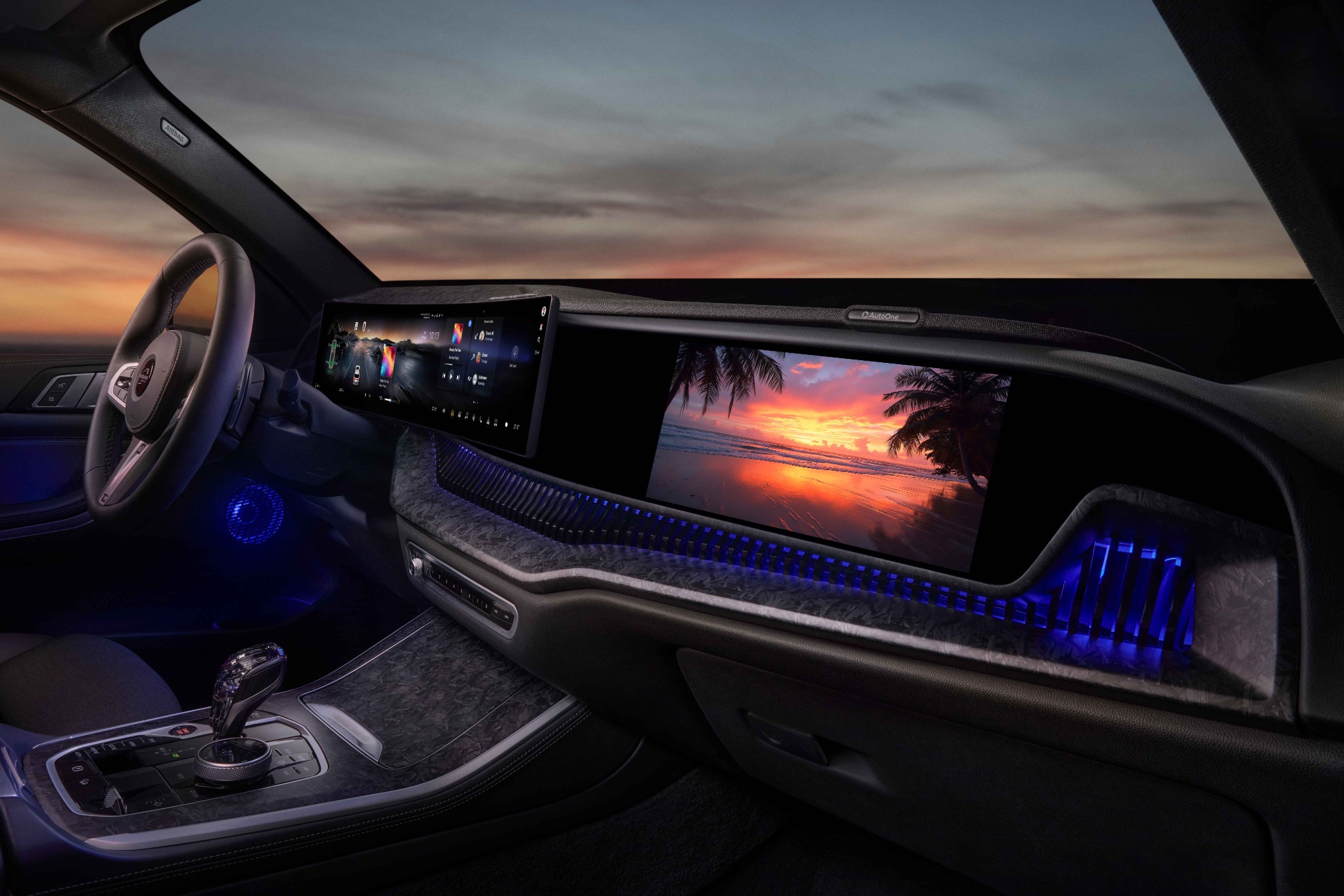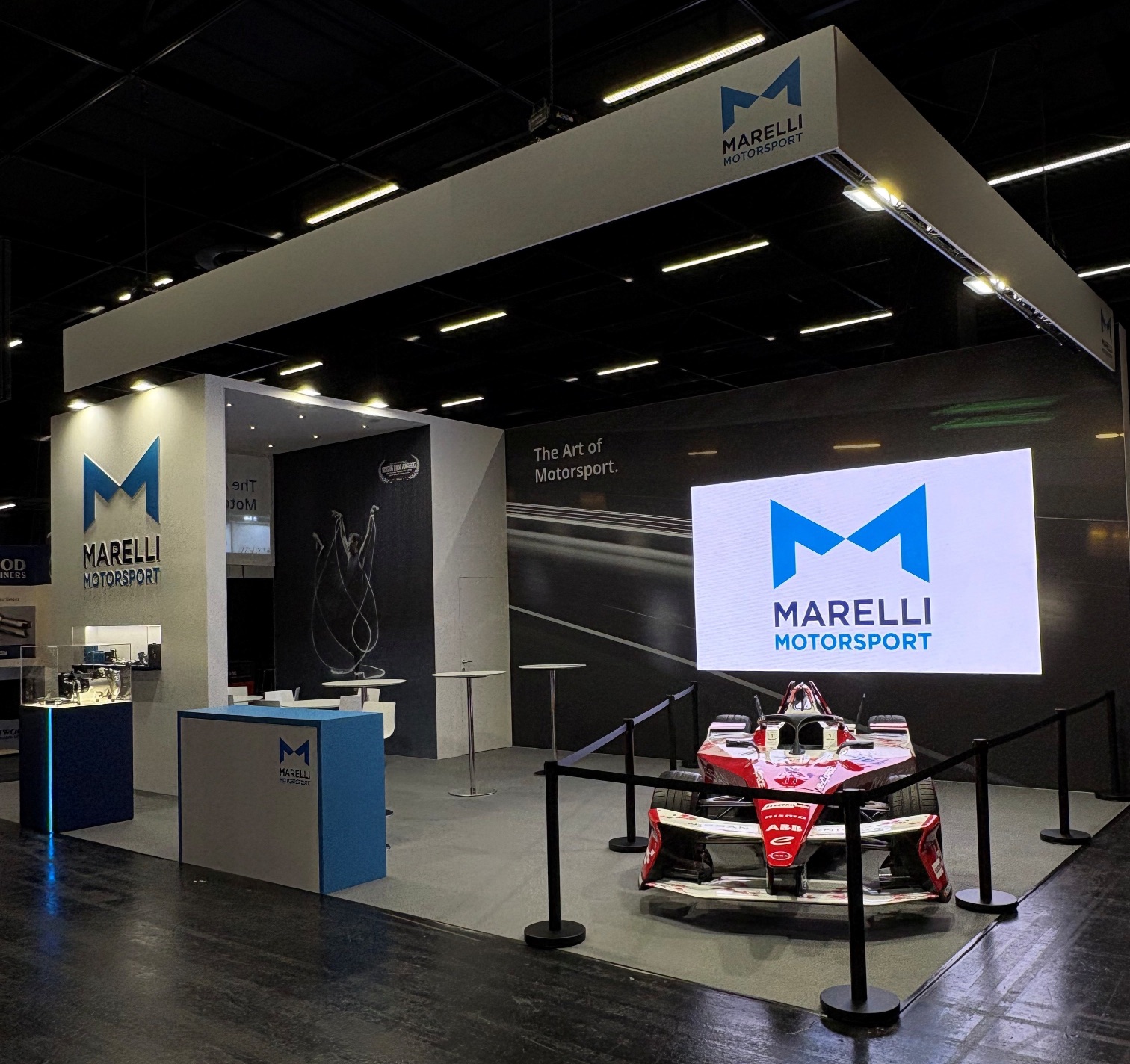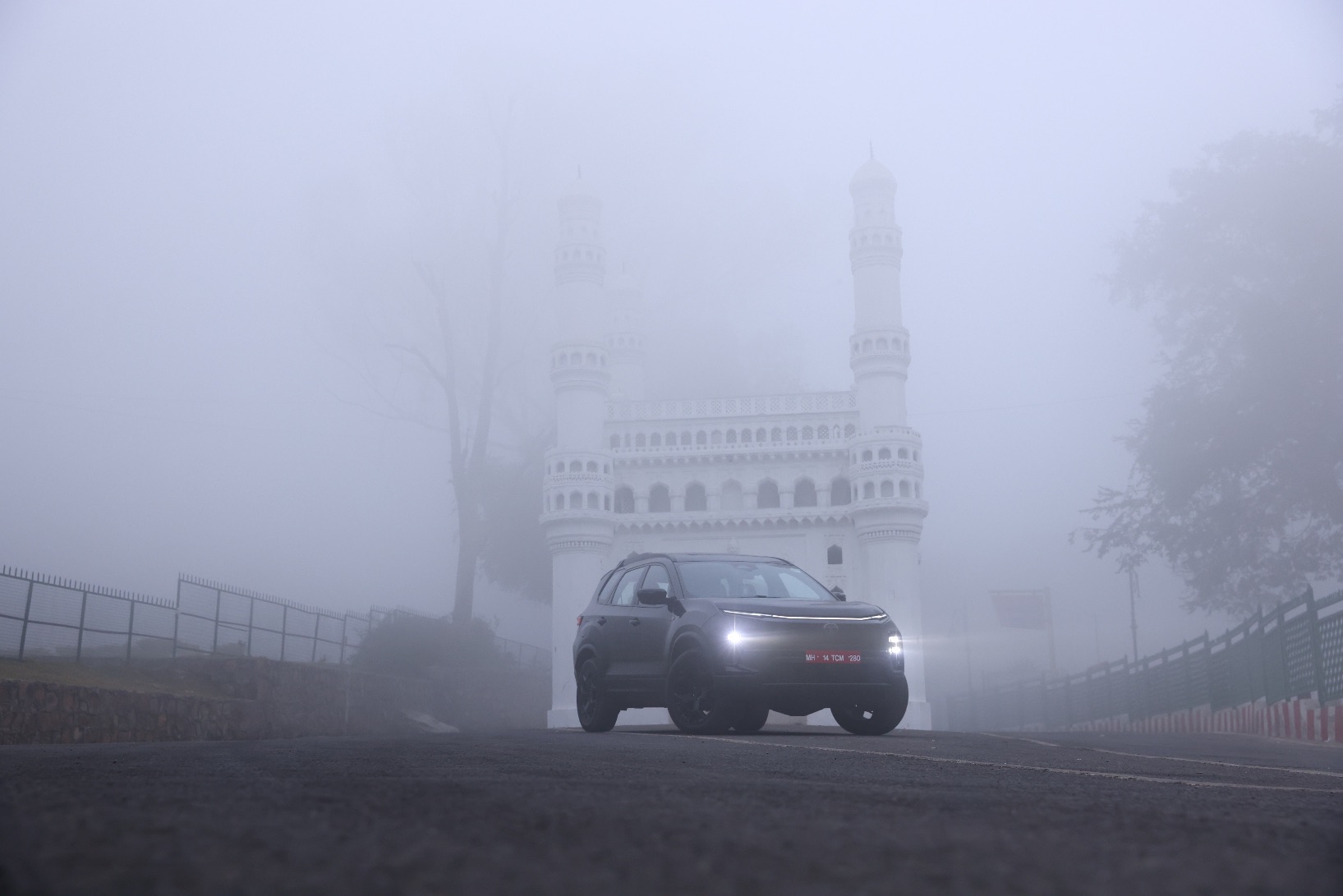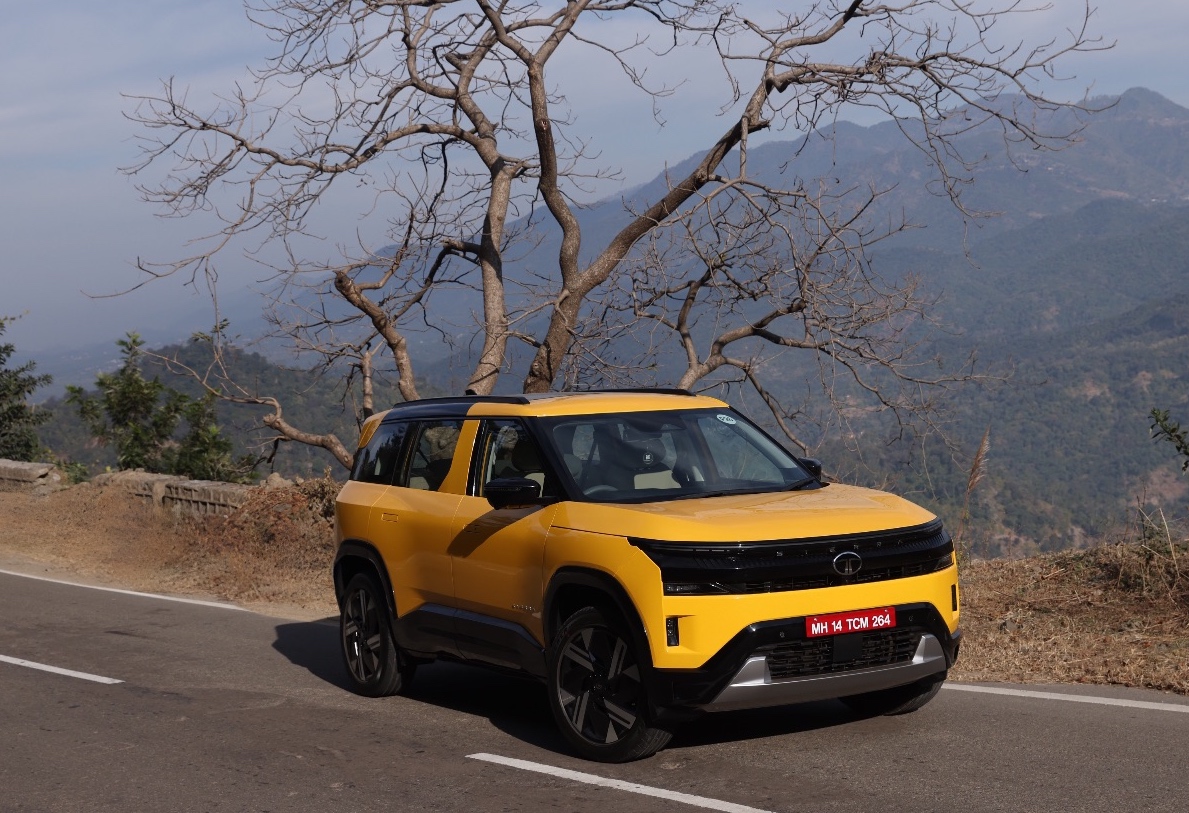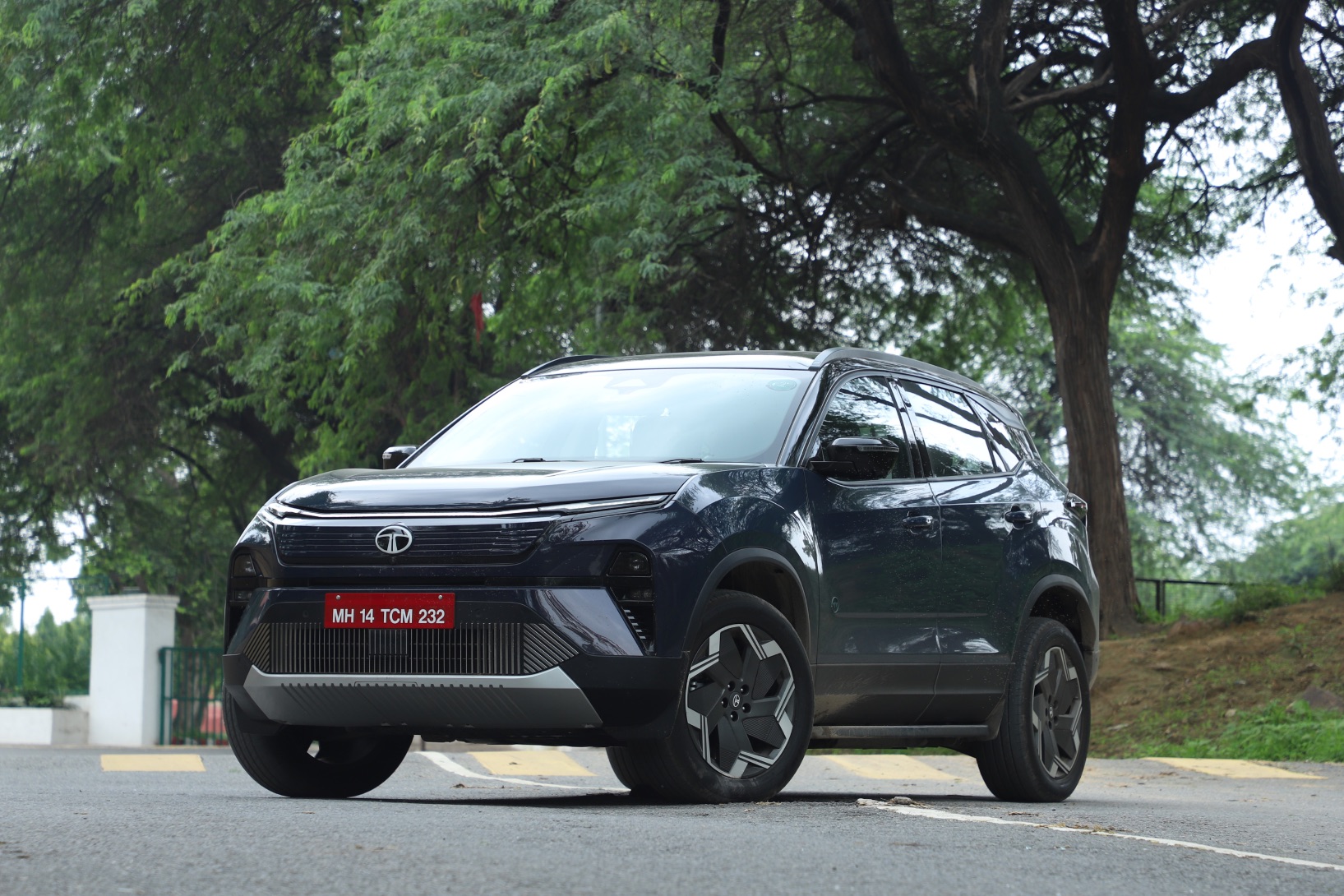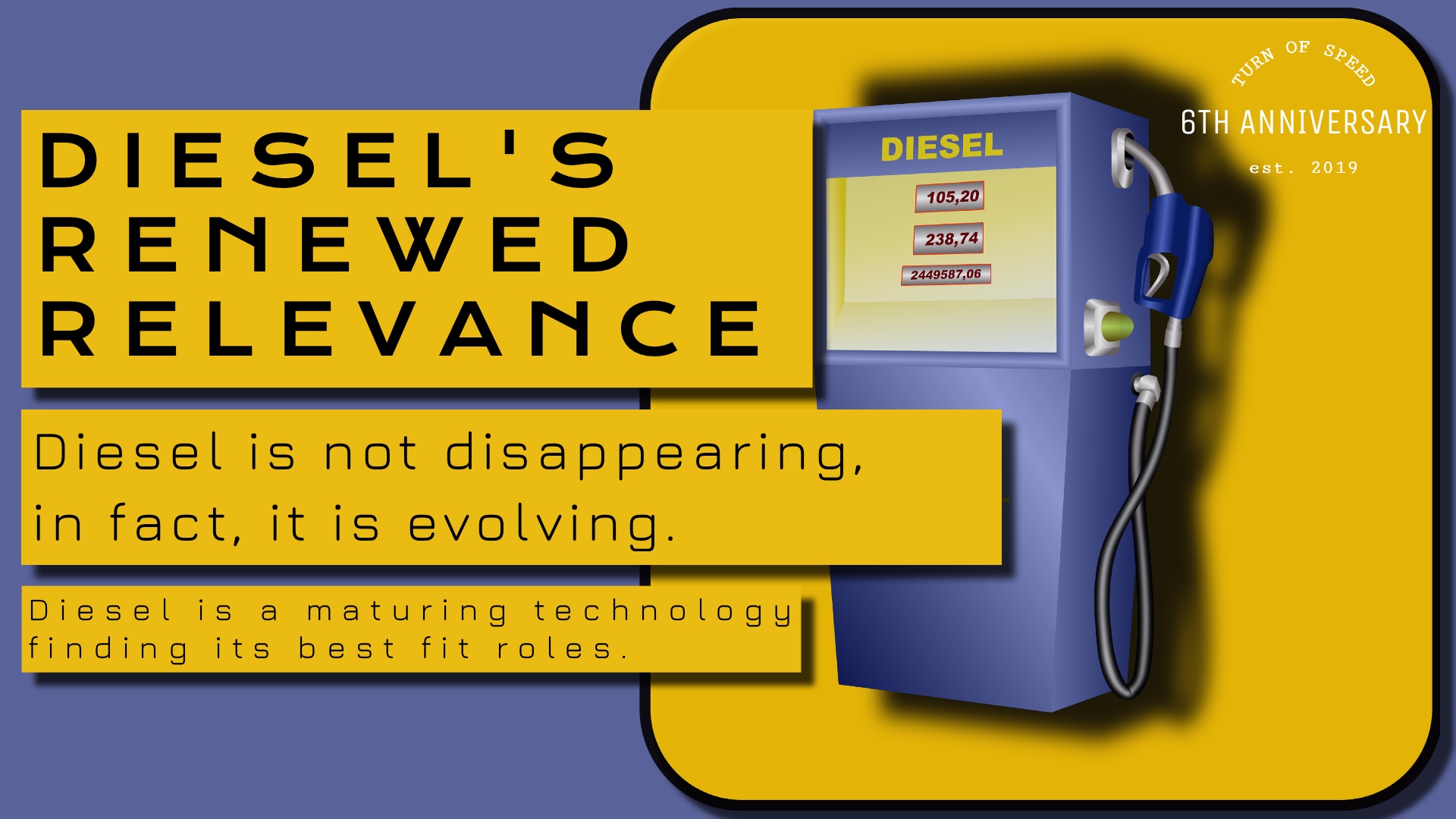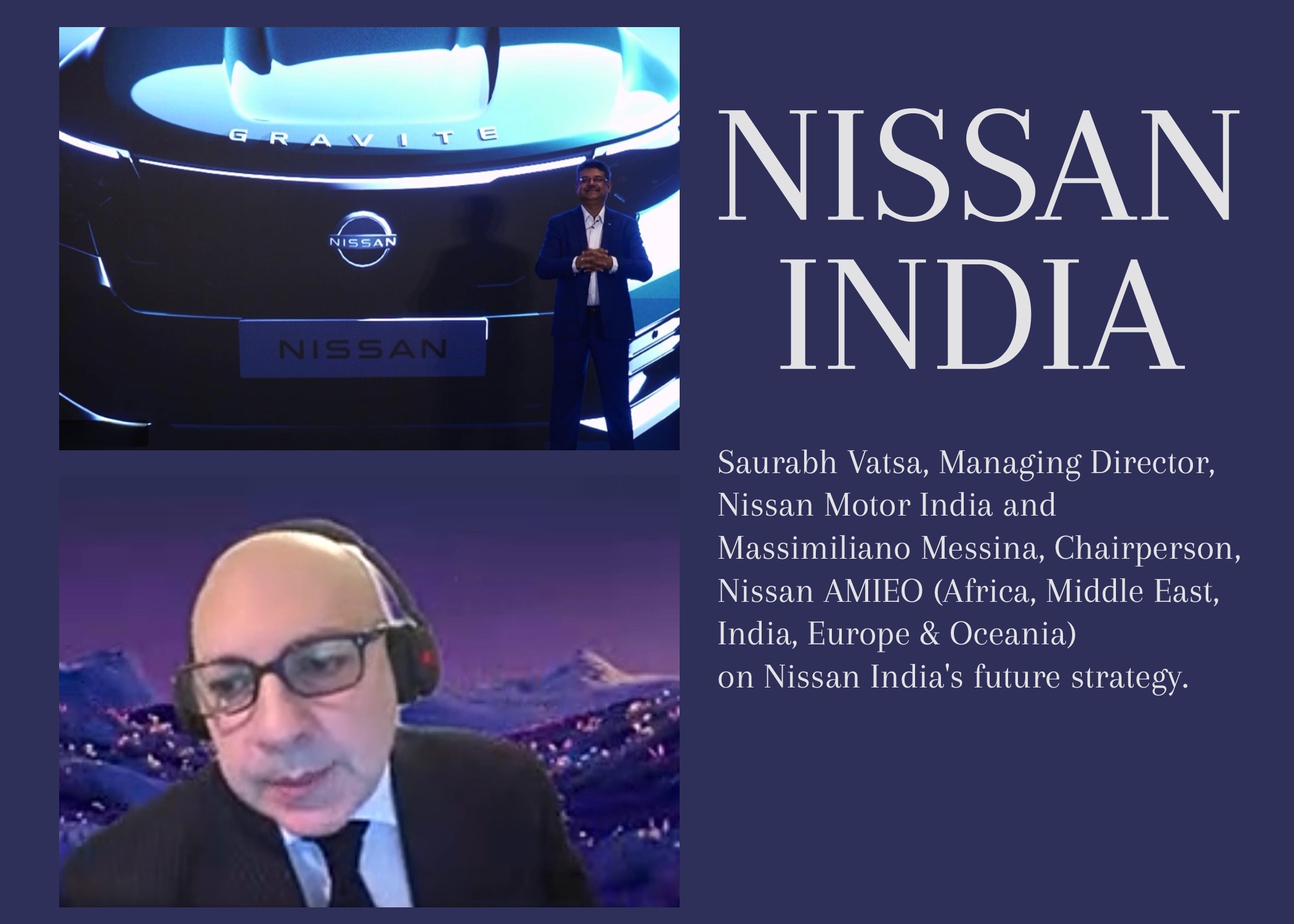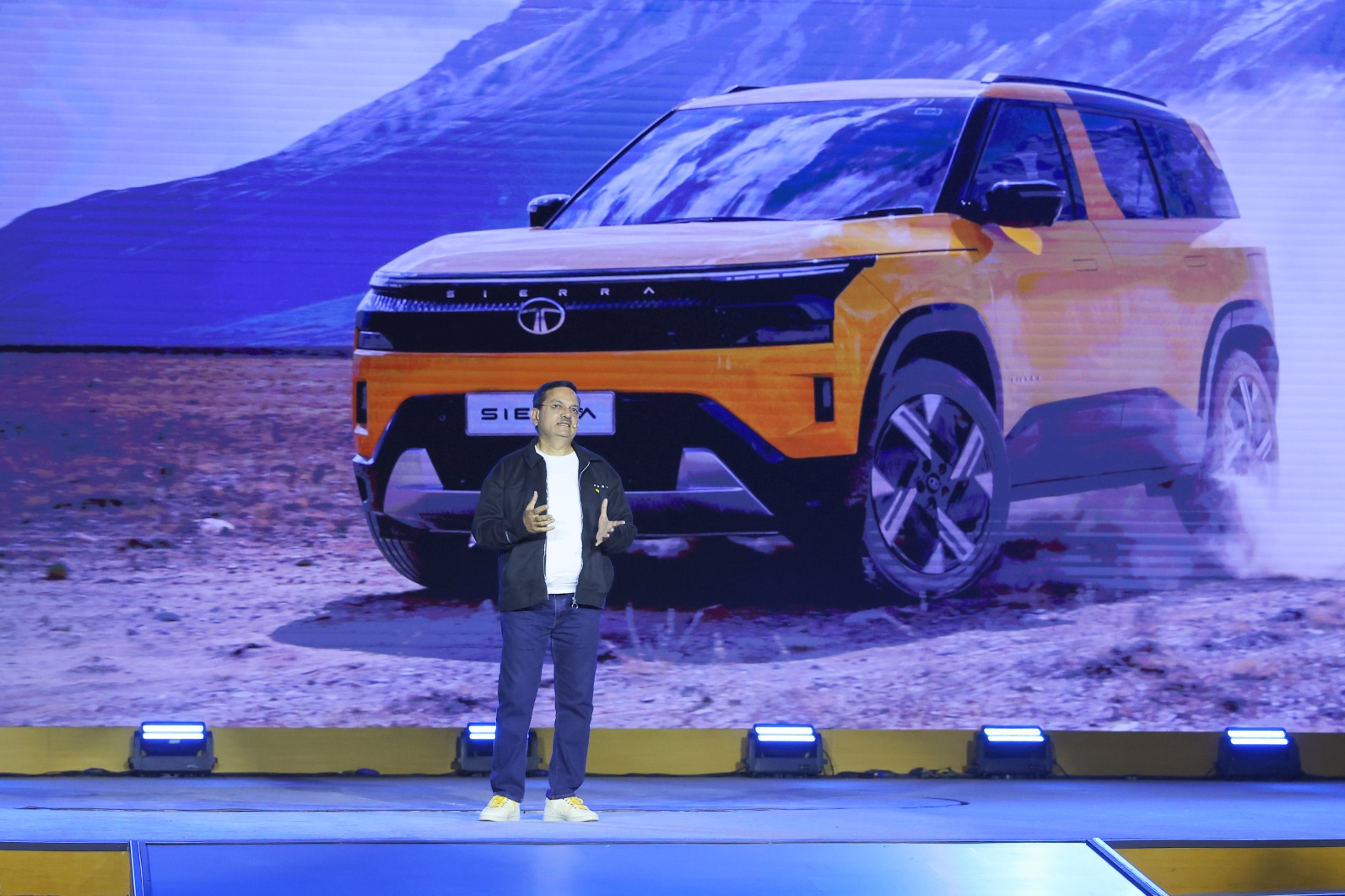Accelerating EV Adoption: A Vision for the Future on World EV Day 2025
As the world pivots towards a cleaner, greener future, World EV Day 2025 emerges as both a celebration and a bold proclamation: the age of electric mobility is upon us. Far from being a mere technological shift, it is a cultural and environmental revolution. As industry leaders, governments, and consumers join forces on this pivotal day, one thing is certain: the road ahead is electric, and the journey has only just begun.
09/09/2025
No Comments
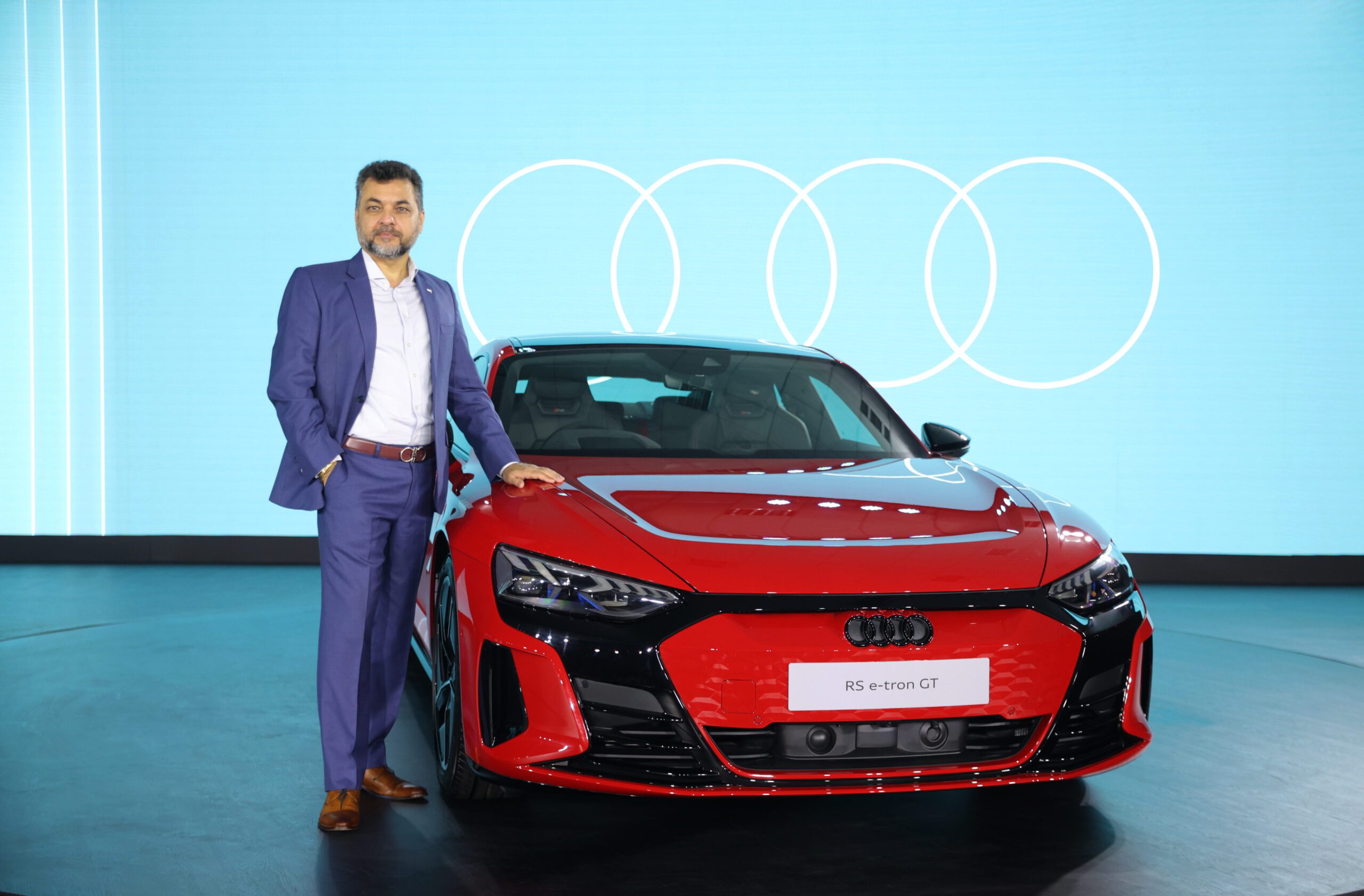
MUMBAI
As we stand at the threshold of a new era in mobility, World EV Day 2025 serves as both a celebration and a call to action. Industry leaders from across the automotive and energy sectors reflect on the rapid rise of electric vehicles and the transformative role they play in shaping a sustainable future.
Santosh Iyer, Managing Director & CEO of Mercedes-Benz India, eloquently encapsulates the spirit of the day:
“Electric vehicles represent not just a shift in technology, but a transformation in how we envision sustainable luxury. At Mercedes-Benz, we believe true luxury and sustainability go hand in hand. World EV Day is a celebration of this commitment — a reminder that electrification is a long-term journey dedicated to creating exceptional experiences while honouring our responsibility to the planet. Together, we can accelerate this transition and empower customers to embrace a cleaner, smarter future without compromise.”
The electric revolution is no longer a distant vision but a present-day reality, with significant strides made in both vehicle technology and the infrastructure required to support it. For Mercedes-Benz, electrification is not merely about new cars, but about a comprehensive, long-term commitment to sustainability. It’s a vision that aligns perfectly with the evolving expectations of a more environmentally-conscious consumer.
Further reinforcing this momentum, Audi India’s Head, Balbir Singh Dhillon, highlights the rapid growth of electric mobility in the Indian market:
“Electric mobility in India has witnessed steady demand, and we believe the next decade will be transformative for the industry as well as for customers. At Audi India, our e-tron range, comprising four electric cars, has been embraced by progressive customers who are looking for sustainable yet uncompromising luxury. To make this transition seamless, our ‘Charge my Audi’ initiative gives access to over 6,500 charging points across the country, offering customers the confidence and convenience they need. We see this as just the beginning.”
India is increasingly becoming a focal point for EV adoption, driven by a rising demand for sustainable, premium vehicles and an ever-expanding network of charging infrastructure. Audi’s commitment to making the transition to electric mobility as convenient as possible underscores the shift towards a cleaner, smarter future for Indian consumers.
In tandem with these efforts, Anurag Mehrotra, MD of JSW MG Motor India, stresses the importance of government support in accelerating the EV transition:
“World EV Day 2025 holds special significance, as we are witnessing a surge in EV adoption across India. Sales of 4W EVs have grown 2x in the first nine months of this year, and we anticipate this momentum to further accelerate. We are thankful to the Government of India for its progressive policies that have not only enabled category creation but also laid a strong foundation for sustainable growth across OEMs.
The surge in EV sales is a clear indication of the growing consumer appetite for sustainable mobility. This growth, combined with a supportive regulatory framework, positions India as a key player in the global EV market. JSW MG Motor India’s commitment to expanding its electric portfolio and enhancing infrastructure is a testament to the company’s forward-thinking vision.
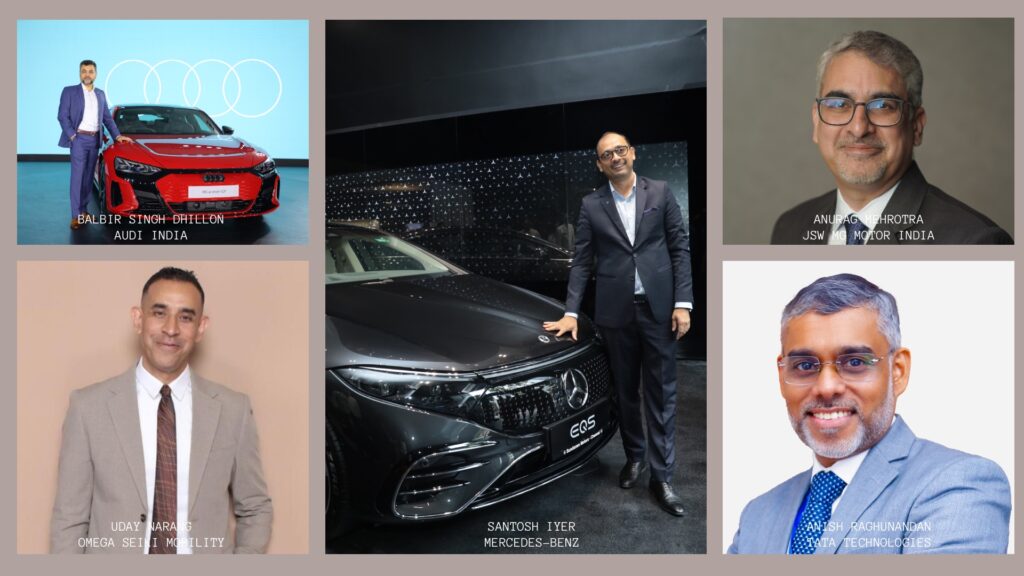
The Role of Innovation and Sustainability
The focus on sustainable and efficient energy systems is another key theme that resonates with leaders in the electric mobility space. Uday Narang, Founder & Chairman of Omega Seiki Mobility, speaks to the pivotal role India’s policy landscape will play in enabling further growth:
“On this World EV Day, I extend greetings to the business community and startups driving green mobility. Over the past year, India’s EV sector has moved from experimentation to consolidation, with stronger players and sustainable models emerging. It is encouraging to see the BJP-led government and leaders like CM Mohan Yadav of Madhya Pradesh unveiling progressive EV policies, infrastructure incentives, and skill programs to make India a global EV hub.”
As India’s EV sector matures, the real growth drivers will lie in electric three-wheelers, commercial vehicles, and last-mile logistics. By focusing on green businesses and creating sustainable models, India is carving out its place as a global leader in clean mobility.
Tata Technologies also plays a crucial role in this transition, as Anish Raghunandan, President & Client Partner at Tata Technologies, emphasizes the broader impact of electric mobility:
“The global shift to electric mobility is not just an industry trend, but it is a societal imperative. As nations pursue a greener future and consumers demand sustainable choices, the EV industry stands at a decisive crossroads—where innovation must meet purpose.”
Tata Technologies is not only focused on vehicle development but is also reimagining the entire value chain, from responsible sourcing to sustainable manufacturing processes. Their vision for a cleaner, greener future aligns seamlessly with the goals set for World EV Day 2025.
Powering the Future
In the energy sector, Volks Energie, led by Piyush Goyal, plays a crucial role in ensuring that the shift towards electric vehicles is supported by robust energy storage solutions:
“What started as a symbolic initiative 5 years back, today has turned into a global movement as the world today collectively and rapidly moves toward large-scale adoption of clean mobility and sustainable energy.”
Volks Energie is a prime example of how energy storage and Battery Energy Storage Systems (BESS) are essential for the widespread adoption of EVs. By ensuring that renewable energy is stored and deployed efficiently, they are helping to create an ecosystem that makes EVs not just feasible, but practical for everyday use.
A Vision for Climate Neutrality
Manish Dabkara, Chairman and Managing Director of EKI Energy Services, reminds us that the journey towards sustainable mobility is intertwined with broader environmental goals:
“This World EV Day is a reminder to all that while the focus lies on the future of mobility, accountability must share the spotlight.”
In order to ensure that the transition to electric mobility results in genuine environmental benefits, it is crucial that each journey taken in an EV is verified for its carbon-positive impact. EKI Energy Services is working towards creating an ecosystem where every action in the EV supply chain contributes to a net-zero future.
Latest
-
 Ducati celebrates 100 Years with the launch of ‘The Origin Collection’
Ducati celebrates 100 Years with the launch of ‘The Origin Collection’ -
 Tata Motors showcases All-New Sierra at star-studded Brand Day
Tata Motors showcases All-New Sierra at star-studded Brand Day -
 Marelli wins SAA Lightweighting Award for game-changing LeanExhaust
Marelli wins SAA Lightweighting Award for game-changing LeanExhaust -
 HARMAN leads the way with world’s first HDR10+ Automotive Certified Display
HARMAN leads the way with world’s first HDR10+ Automotive Certified Display -
 Marelli’s Race E-volution 500 and HSC-130 sweep top awards in Cologne
Marelli’s Race E-volution 500 and HSC-130 sweep top awards in Cologne
-

 Diesel’s Renewed Relevance
Diesel’s Renewed Relevance -

 Nissan India’s roadmap is all about focusing on new models, network expansion, and scale
Nissan India’s roadmap is all about focusing on new models, network expansion, and scale -

 Mohan Savarkar: The new Tata Sierra is a Premium Mid SUV with a Software-Defined future
Mohan Savarkar: The new Tata Sierra is a Premium Mid SUV with a Software-Defined future -

 Motoverse 2025: An amalgam of heritage, music, and the future of motorcycling
Motoverse 2025: An amalgam of heritage, music, and the future of motorcycling -
 Vivek Srivatsa: What the New Tata Sierra brings to the SUV market
Vivek Srivatsa: What the New Tata Sierra brings to the SUV market



